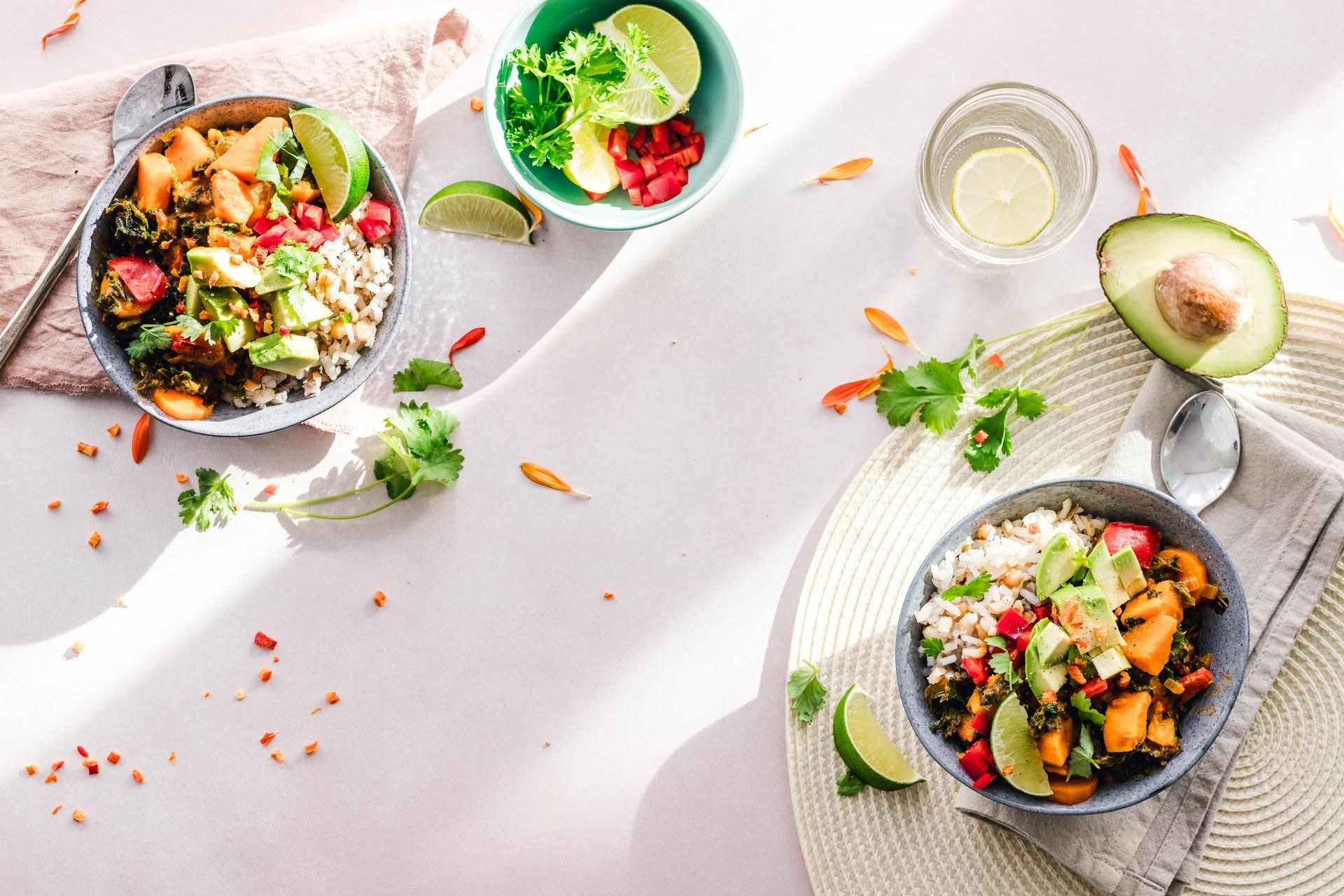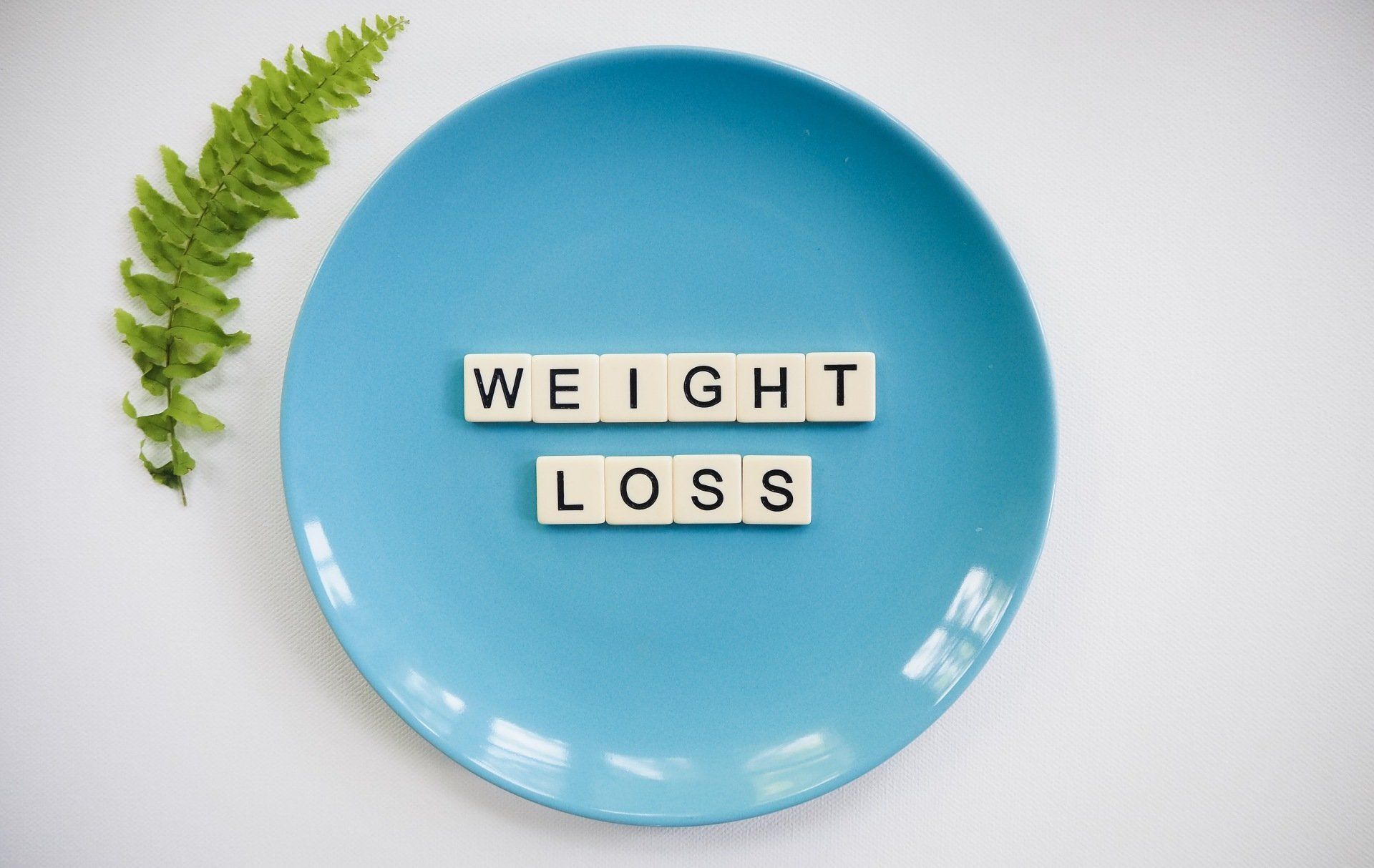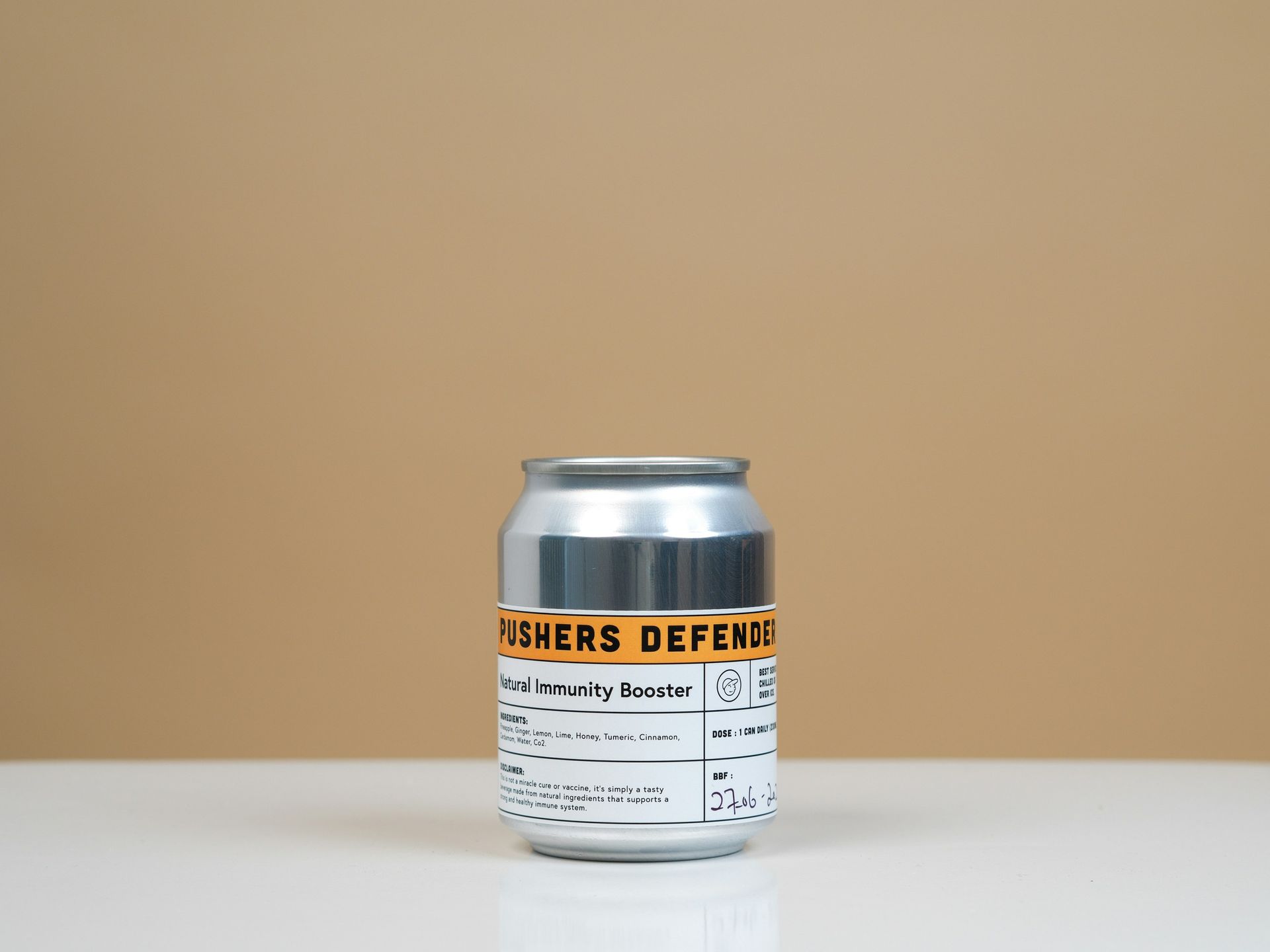Can I use sugar substitutes?-Sugar alcohols, aspartame etc.
No, no, no. Not all sugar substitutes are alike.
Table sugar is obviously out of the menu. Despite their dubious reputation these days, we do allow artificial sweeteners such as aspartame and saccharin! Stevia and sucralose (Splenda) should also be fine.
But what about the other kid on the block, sugar alcohols?
They have been in existence for awhile. Much were written about them as early as 1910 , perhaps even earlier (1). For a little bit of background, sweeteners are classified into two main types - natural or nutritive, and artificial (2).
Artificial ones lack calories and will not raise blood glucose. Sucralose (Splenda), aspartame (Equal, Nutrasweet) and saccharin (Sweet N low, Sugar twin) , Neotame, cyclamate (previously banned for possible links to bladder cancer in laboratory animals) , acesulfame-K Stevia (Enliten, Trivia, Stevia).
Natural sweeteners include sucrose (table sugar), Galactose, lactose, maltose, sucrose. fructose, levulose, invert sugar, sorbitol and all sugar alcohols.
Sugar alcohols technically are natural compounds and are a form of digestible carbohydrate. Sugar alcohols come in a variety of "ol" names- erythritol, maltitol, sorbitol, isomalt, lactitol, mannitol, xylitol. They are also present naturally in fruits , some vegetables and in mushrooms. Commonly present in food additives to give sweetness, they don't bring up blood glucose as much and don't stimulate the secretion of insulin.
Generally regarded as safe to consume, why then, are they discouraged in a ketogenic diet?
Table sugar obviously is anti-ketogenic. Fructose, is also antiketogenic. Aside from the obvious side effects, diarrhea and bloating, sugar alcohols are apparently also "anti-ketogenic". They are also considered carbohydrates though to a lesser degree than common table sugar.
Woodyatt in 1910 suggested that when ketoacids are mixed with alcohol, they undergo combustion in the presence of light. Reactions ensue where alcohols, glycerin or sugars become oxidized and ketones are reduced . When starvation occurs, carbohydrates are absent and fats turn into butyric acid which in turn become acetoacetate , acetone and beta-oxybutyric acid . Sugar oxidation/sugar combustion then decreases and acidosis develops. When fed sugar alcohols, laboratory induced diabetic rats not given sugar alcohols were found to have 52% less fatty acid oxidation. The proposed explanation for this is that it prevents fatty acid oxidation and therefore decreases ketone production (3,4,5,6).
Although artificial sweeteners are allowed, the downside is that when consumed, the body senses that they are sweet and they still have the effect of increasing hunger, and worsening sugar cravings. This is what they call the neuronal response to artificial sweeteners (7). Paradoxically, the use of artificial sweeteners will actually result in more weight gain. Better to avoid all if possible, but in the end, for purposes of achieving ketosis in the short-term , it is still the allowed choice of two evils. For my patients who are confused about which sweetened drink to buy, I always tell them , "what's wrong with water ?"
References:
1.Woodyatt RT. The action of glycol aldehyd and glycerin aldehyd in diabetes mellitus and the nature of antiketogenesis. JAMA December 17, 1910 Volume LV , No 25 2112-2119
2. Małgorzata Grembecka;Review Paper-Sugar alcohols-their role in the modern world of sweeteners:a review;Eur Food Res Technol (2015) 241:1–14 DOI 10.1007/s00217-015-24377
3. BASSLER, K. H.; DREISS, G.; (Antiketogenic effect of xylitol in alloxan diabetic rats.) Antiketogene Wirkung von Xylit bei alloxandiabetischen Ratten.Klinische Wochenschrift 1963 Vol. 41 pp. 593-595
4.M. Hamaleinen, K. Making; Metabolism of Glucose, Fructose and Xylitol in Normal and Streptozotocin-Diabetic RatsJ. Nutr. July 1, 1982 vol. 112 no. 7 1369-1378
5.BASSLER, K. H.; FINGERHUT, M.; CZOK, G.(Inhibition of fatty acid oxidation as a factor in the antiketogenic activity of sugars and polyalcohols) Hemmung der Fettsaureoxydation als ein Faktor bei der antiketogenen Wirkung von Zuckern und Polyalkoholen.
Klinische Wochenschrift 1966 Vol. 44 pp. 899-900
6.Norimasa Hosoya, Tadahiko Machiya, Comment Xylitol Effect on Ketogenesis in Alloxan Diabetic Rat Liver SliceInternational Symposium on Metabolism, Physiology, and Clinical Use of Pentoses and Pentitols 1969; pp 248-249
7.Yang Q. Gain weight by “going diet?” Artificial sweeteners and the neurobiology of sugar cravings: Neuroscience 2010. The Yale Journal of Biology and Medicine. 2010;83(2):101-108.






